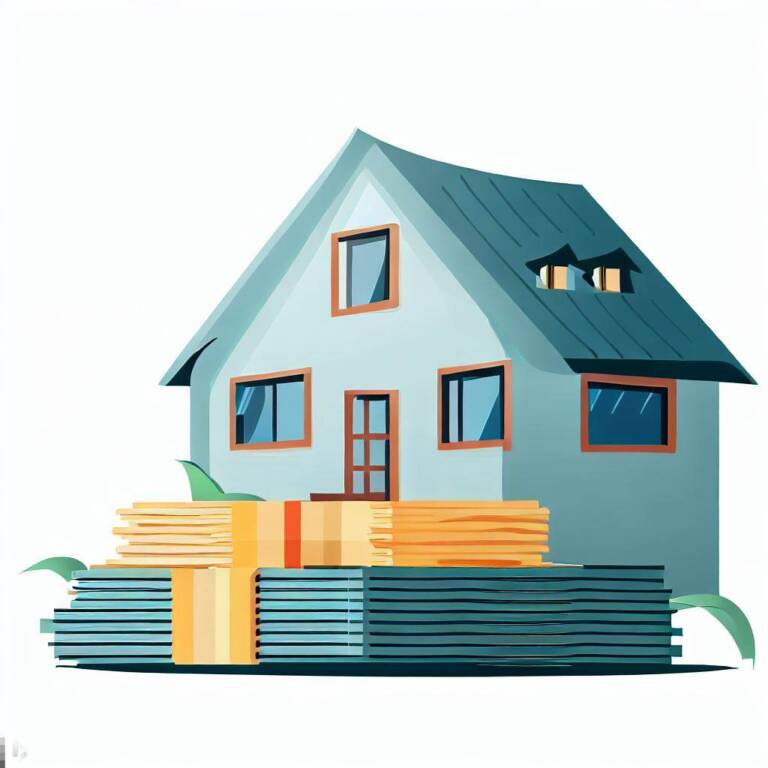What factors influence mortgage interest rates?

Anyone who needs to apply for a loan to buy or renovate a home has to deal with interest rates . These determine the profit of the financial institution that provides the loan. They therefore represent a mandatory cost for the borrower and affect the amount of periodic installments . This is why it is important to understand what they are influenced by and how they can vary over time.
In this article, after a brief and quick overview of the main types of mortgage rates , we will indicate the main factors that cause increases or decreases in interest percentages.
Mortgage interest rate: fixed, variable and mixed
Mortgage interest rates are divided into two main broad categories: fixed and variable.
The fixed rate is established in the contract and is not susceptible to changes over time. This aspect allows the borrower to know right away how much he will have to pay each month to repay the loan and to avoid having either bad or good surprises. In fact, the installments will not be able to undergo increases, but neither will they be able to decrease.
Unlike this, the variable rate is subject to changes which may, depending on the case, be advantageous or not. In fact, in the event of a reduction in the interest rate, the saver will pay less expensive monthly installments; on the contrary, an increase in rates will also have a negative impact on periodic payments, increasing the amount of the installments. The variable mortgage rate is also available with a cap , i.e. a maximum limit that cannot be exceeded.
Alongside these two interest rates, there is a third, called a mixed rate , which allows the borrower to switch, after a certain period of time and only if he wishes, to the variable rate, and then return, always and only if it deems it advantageous and after a certain number of months, to the fixed one.
The effect of inflation on mortgage rates
The main factor influencing mortgage rates is inflation . In fact, as inflation increases, the ECB increases interest rates in order to reduce the circulation of money and increase the tendency to save.
The rates established by the European Central Bank determine the cost of money and act as a reference parameter for refinancing operations, also influencing the rates applied to operations carried out by banks between themselves and with citizens.
Mortgage rates: Euribor and Eurirs
Variable rate mortgages follow the fluctuations of the Euribor , i.e. the Euro Inter Bank Offered Rate. Increasing this leads to an immediate increase in mortgage rates and an increase in the amount of monthly installments , while a reduction in the Euribor corresponds to a parallel reduction in the cost of money and a consequent lowering of installments.
Fixed rate mortgages are instead influenced by Eurirs or IRS , an acronym for Interest Rate Swap. In this case, changes in the reference rate do not lead to changes in the monthly installments after the signing of the contract, but allow the value of the fixed rate to be determined which will accompany the borrower until the debt is completely repaid or until he decides to switch to variable rate.

Thanks to our Telegram channel you can stay updated on the publication of new Economic Scenarios articles.
The article What Factors Affect Mortgage Interest Rates? comes from Economic Scenarios .
This is a machine translation of a post published on Scenari Economici at the URL https://scenarieconomici.it/quali-sono-i-fattori-che-influenzano-i-tassi-di-interesse-dei-mutui/ on Wed, 13 Sep 2023 11:01:06 +0000.
